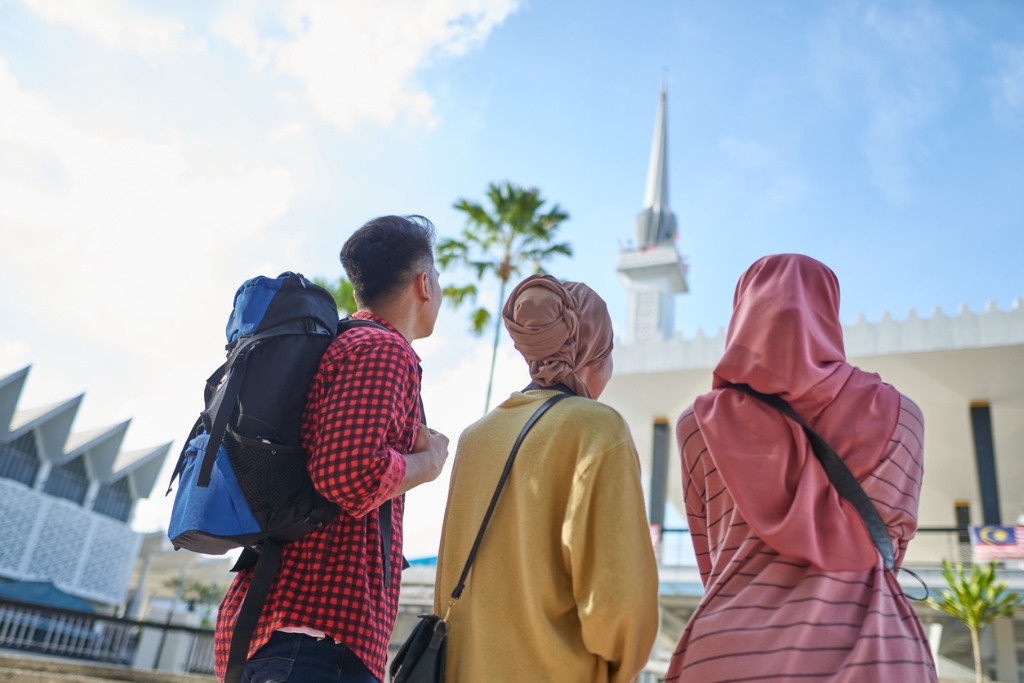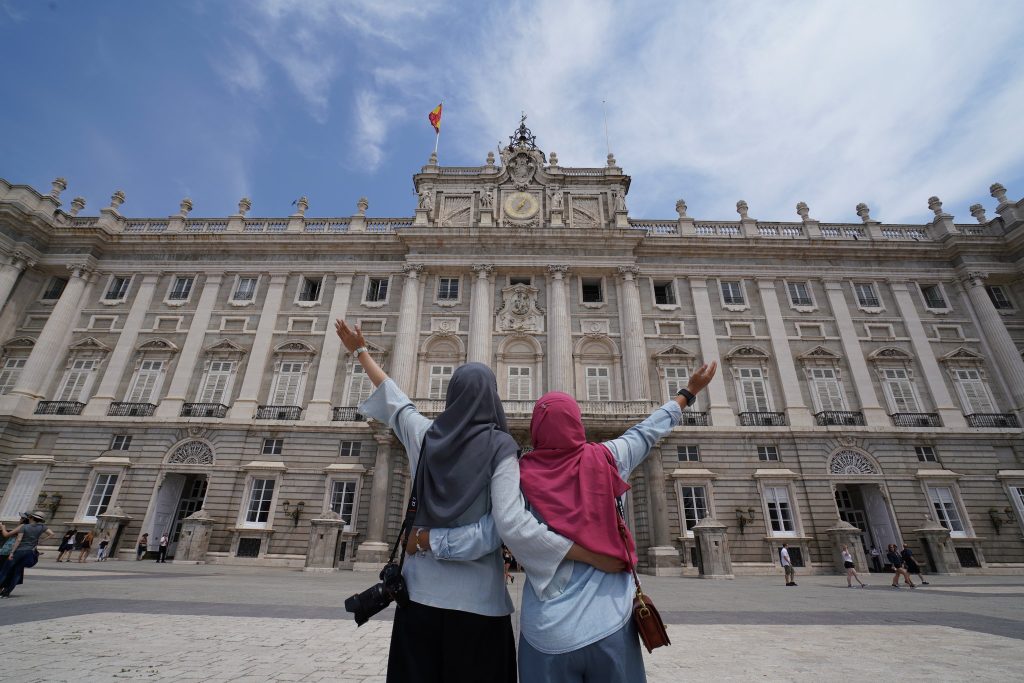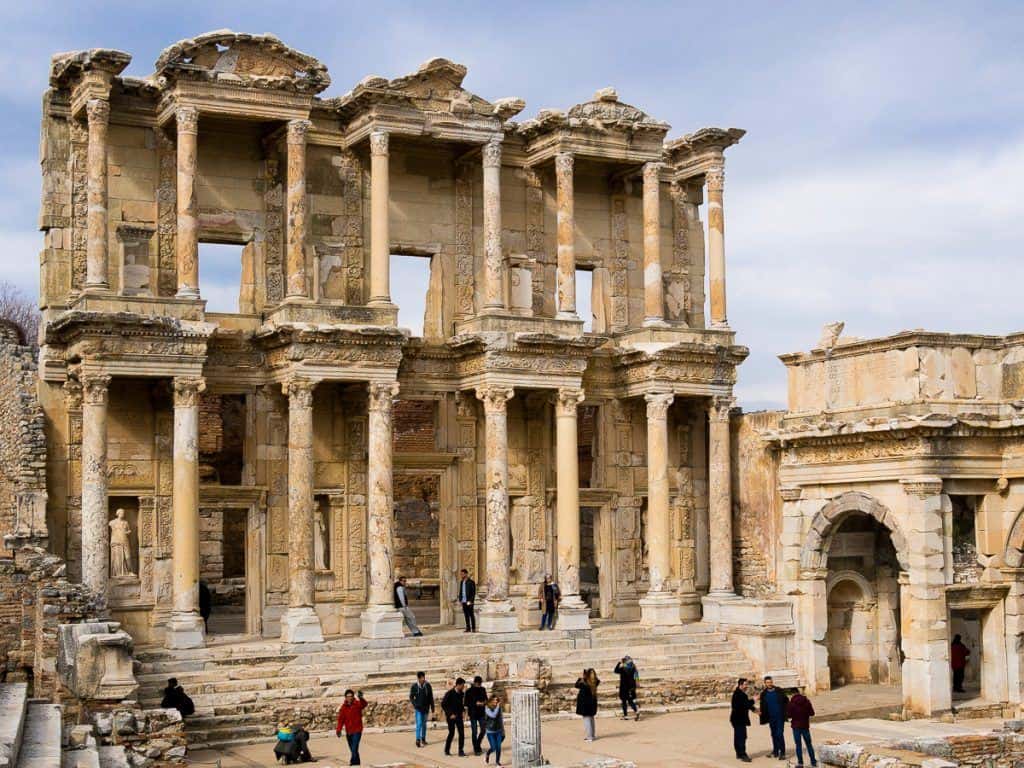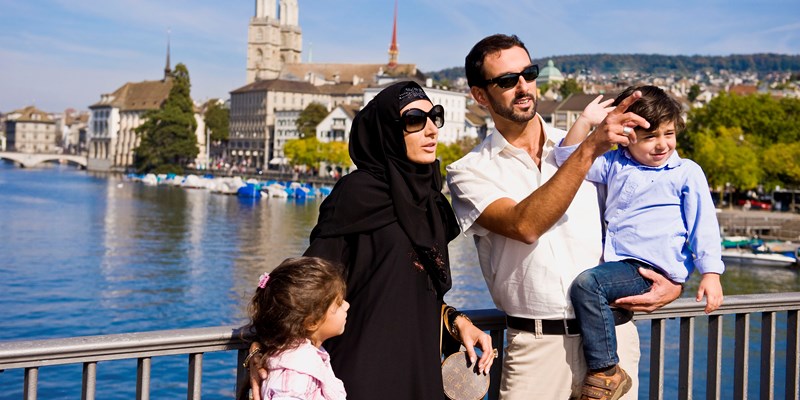In recent years, the global tourism industry has witnessed a remarkable shift towards catering to the needs and preferences of Muslim travelers. This growing segment, known as halal tourism, has emerged as a significant economic force, driving growth and innovation in destinations worldwide. As we go deeper into this ever-evolving market, it becomes clear that halal tourism is about more than just fulfilling religious obligations—it’s also about seizing a huge economic opportunity.

The Economic Landscape of Halal Tourism:
At the heart of halal tourism lies a robust and rapidly expanding economy. In 2023, the halal tourism market surged to a staggering US $266.3 billion, reflecting the increasing demand for Muslim-friendly travel experiences. Projections indicate that by 2034, this figure is expected to soar even higher, reaching an impressive US $417.6 billion. Such exponential growth underscores the immense economic potential inherent in catering to Muslim travelers.
The Resilience of Muslim-Friendly Tourism:
Despite the challenges posed by the global pandemic, the resilience of Muslim-friendly tourism has been remarkable. By 2024, projections suggest that Muslim international arrivals will reach 160 million, marking a full recovery and returning to pre-pandemic levels. Looking ahead to 2028, the outlook remains promising, with estimates indicating that Muslim arrivals will surge to 230 million. This resurgence not only signifies a recovery but also signals the expansion of the Muslim travel market, underlining its resilience and adaptability.
The Demographic Dividend:
Central to the growth of halal tourism is the burgeoning Muslim population worldwide. In 2022, the global Muslim population stood at 2 billion, representing a significant 25% of the world’s population. By 2030, projections suggest that this figure will rise to 2.3 billion, further fueling the demand for Muslim-friendly travel experiences. Moreover, with women accounting for 45% of global Muslim travelers, there exists a diverse and dynamic consumer base driving the growth of halal tourism.

Acknowledging Excellence:
As we celebrate the strides made in halal tourism, it is essential to acknowledge the pivotal role played by institutions and organizations dedicated to promoting this sector. The upcoming 3rd International Halal (Muslim-Friendly) Tourism Congress, organized by Izmir Royal Teos Thermal Resort in collaboration with esteemed partners such as the Republic of Türkiye Ministry of Culture and Tourism, Afyon Kocatepe University Faculty of Tourism, Halal Accreditation Agency (HAK), Turkish Cooperation and Coordination Agency (TIKA), Independent Industrialists and Businessmen’s Association (MUSIAD), and International Halal Tourism Association (IHATO), serves as a testament to the commitment towards fostering innovation and excellence in halal tourism.
In conclusion, halal tourism represents not only a religious obligation but also a flourishing economic sector with boundless opportunities for growth and development. As we navigate the evolving landscape of global tourism, embracing the principles of inclusivity and diversity will undoubtedly propel the halal tourism industry to new heights, shaping the future of travel for generations to come.


